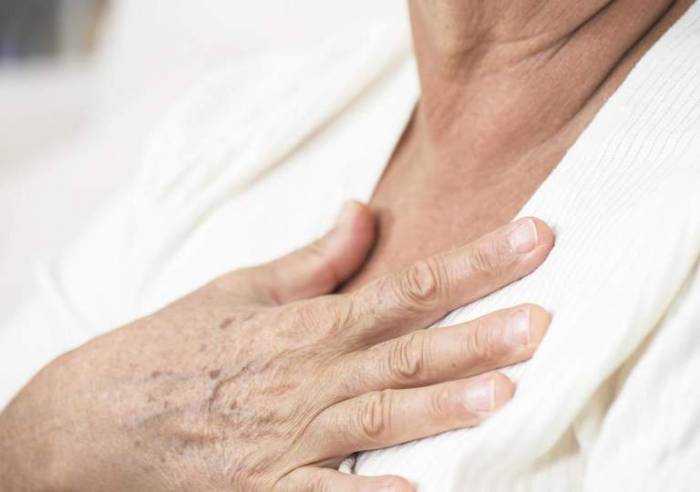In a study looking at more than half a million heart attack cases, researchers found the “gender gap” in heart attack patient survival rates more than tripled when male doctors were in charge.
Past research has found a far greater risk of death after heart attack in women, and the new results suggest a reason why this gender inequality exists.
As men still dominate the medical profession, they could be having knock-on effects for heart attack outcomes.
Professor Seth Carnahan of Washington University in St Louis, one of the researchers behind the study, said the results reflected broader gender disparities in medicine and the workplace.
“You have highly trained experts with life or death on the line, and yet the gender match between the physician and the patient seems to matter a great deal,” explained Prof Carnahan.
Together with colleagues from Harvard Business School and the University of Minnesota, he analysed nearly 582,000 heart attack cases over 19 years from Florida hospitals.
They found that generally women were less likely to survive heart attacks than men, but this effect was far stronger when men were treating them.
When patients were treated by female physicians, 11.8 per cent of men and about 12 per cent of women died – a “gender gap” of 0.2 per cent.
This gender gap increased to 0.7 per cent when male physicians were involved, with 12.6 per cent of men dying and 13.3 per cent of women.
Having women around appeared to boost the performance of male doctors, as women had a better survival rate when being treated by men with lots of female colleagues in the emergency room.
“Our work corroborates prior research showing that female doctors tend to produce better patient outcomes than male doctors,” Prof Carnahan said.
“The novel part of what we are doing is showing that the benefit of having a female doctor is particularly stark for a female patient.”
To deal with the problem, researchers recommended training programmes that help doctors understand how men and women present symptoms differently.
The results were published in Proceedings of the National Academy of Sciences (PNAS).
NHS at 70: A timeline of the National Health Service and its crisis
A previous study showed that women were three times more likely than men to die within a year after suffering a heart attack.
Experts have warned against the stereotype of a heart-attack patient as a middle-aged man with an unhealthy lifestyle, which could be clouding medical attitudes.
“Our research has already shown a worrying difference in the treatment given to men and women suffering from heart attacks, and inaccurate stereotypes may be a contributing factor,” Maureen Talbot, a senior cardiac nurse at the British Heart Foundation (BHF), who was not involved in the new research, told The Independent.
“While this study supports this theory, more research is needed in UK hospitals to see if the bias exists here.
“It’s important that we better understand what is causing this variation in care, and the BHF is already funding research in to how we can improve the outcomes of women who have a heart attack.”
The Independent
More about: health
















































